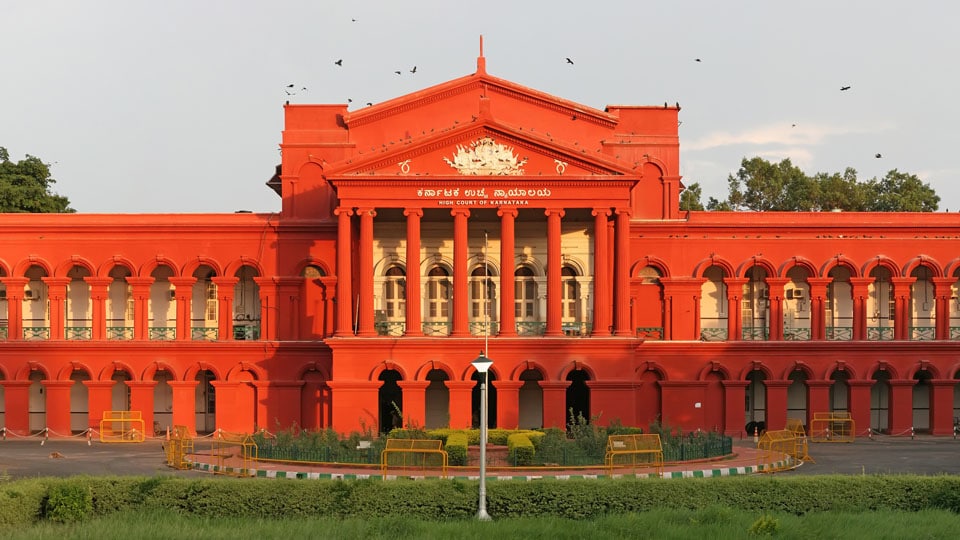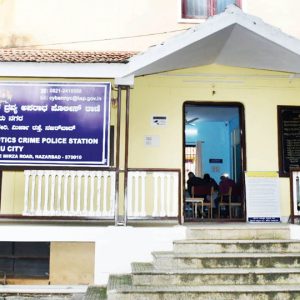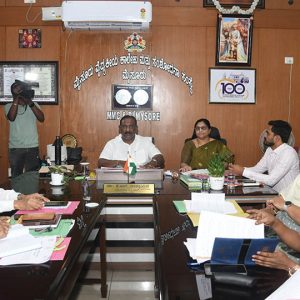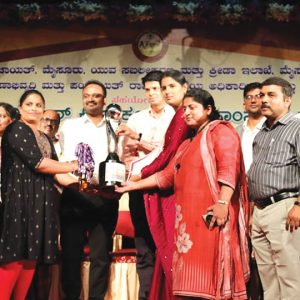Bengaluru: The Karnataka High Court on Friday issued a notice to the State Government and the Forest Department in connection with a petition filed by Rana George, son of Energy Minister K.J. George, seeking unrestricted access to his private land in Shambugowdanahalli and Lakkasoge villages, located within the Nugu Wildlife Sanctuary in H.D. Kote taluk.
A Single-Judge Bench led by Justice Hemanth Chandangoudar heard the petition filed by Rana George, requesting the Court to quash the order issued by the Principal Chief Conservator of Forests (PCCF) on Mar. 1, which barred the use of the road passing through the sanctuary.
The Court issued notices to the State Government, Forest Department, PCCF, Assistant Conservator of Forests, Hediyala sub-division and adjourned the hearing to Nov. 29.
The petition sought directions to the forest authorities to allow unrestricted access to the petitioner’s property via the forest road within the Nugu Wildlife Sanctuary.
In his petition, Rana George claimed to be the absolute owner of the properties in Shambugowdanahalli and Lakkasoge villages, asserting that the only access to his property was through the forest road.
Property for personal enjoyment
Rana George argued that Section 27 (1)(c) of Wildlife Protection Act provides an exemption for entry to the sanctuary for individuals who own immovable property within its limits. The petitioner maintained that the property is used solely for personal enjoyment and not for commercial purposes.
He alleged that he made several requests to the authorities for permission to access his property under the provisions of the Wildlife Protection Act but was repeatedly harassed by Forest Department officials during attempts to enter.
He also claimed that the authorities have imposed a restriction on access to his property between 6 pm and 6 am daily, citing ecological concerns.
The petitioner contended that this restriction is problematic, as he would have nowhere to go if he reached his property after the imposed curfew. He argued that these restrictions infringe upon his fundamental rights under Article 19(1)(d) and his Right to Life and Personal Liberty under Article 21 of the Indian Constitution.








Recent Comments